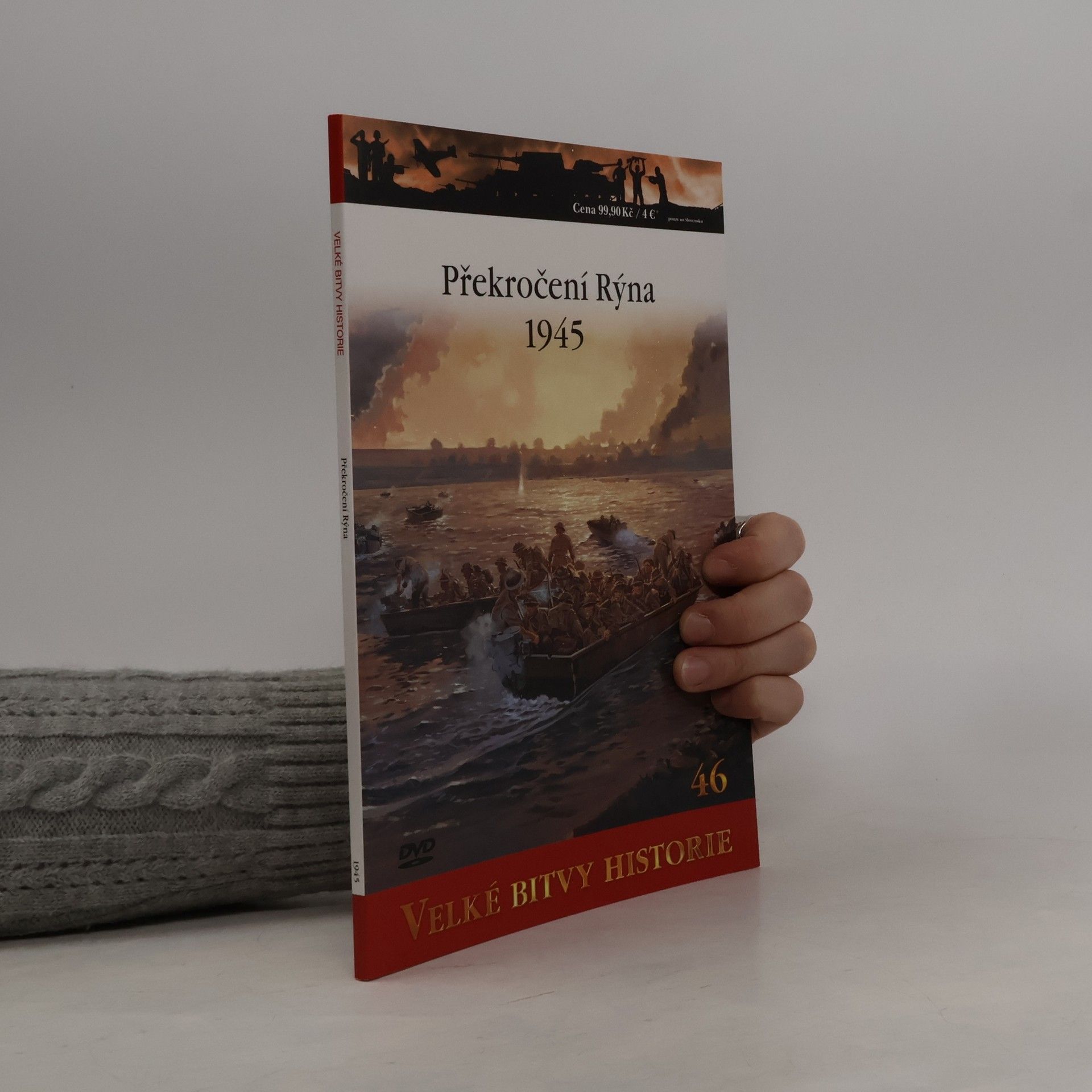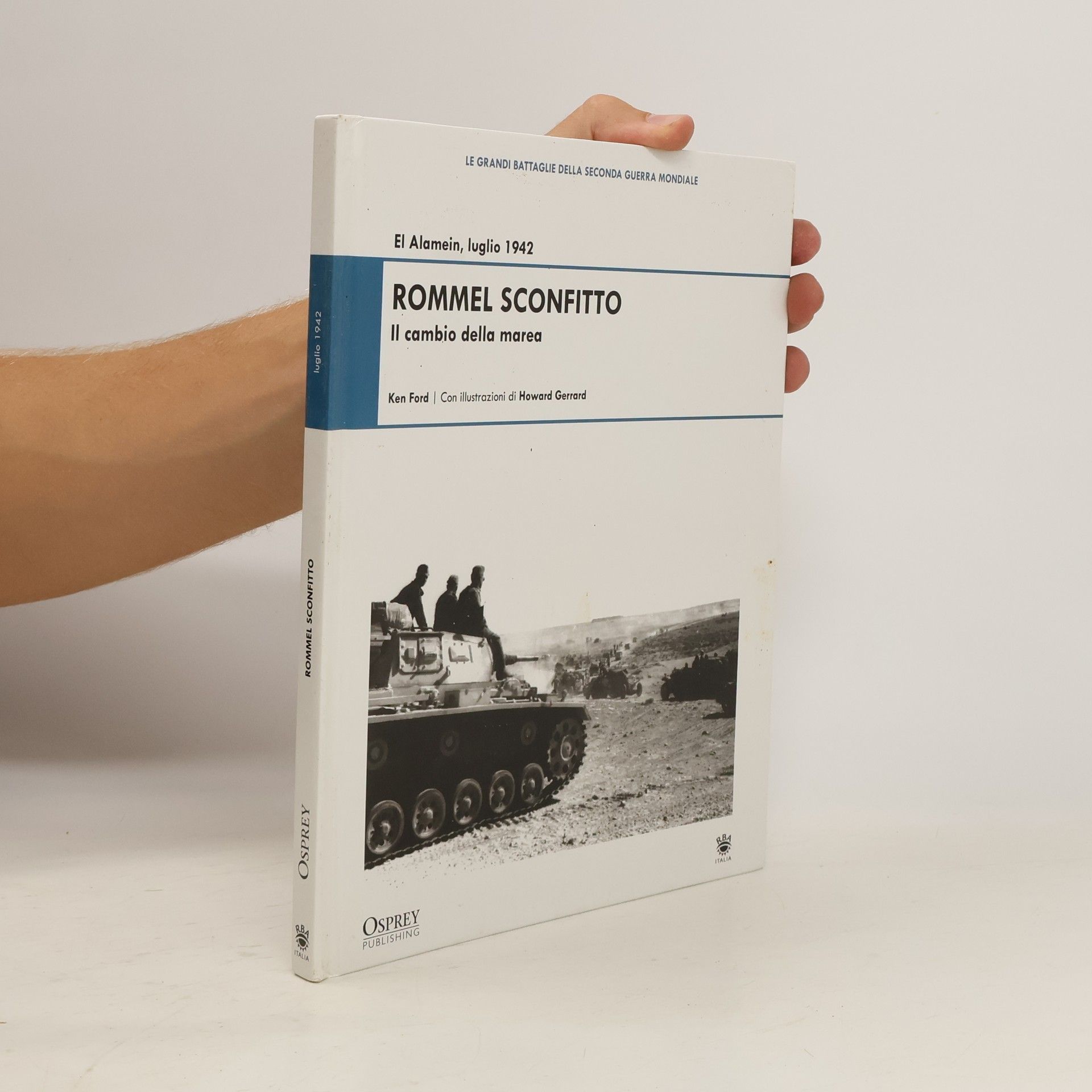Překročení Rýna 1945
- 96 pages
- 4 hours of reading
Poslední velkou bitvou na západní frontě se stalo násilné překročení Rýna spojeneckými vojsky v březnu 1945. Tuto velkou řeku nezdolala žádná invazní armáda po té Napoleonově v roce 1805. Nyní tento úkol připadl 21. skupině armád polního maršála Montgomeryho. Jejím protivníkem byla vojska skomírajícího nacistického režimu. Kromě některých elitních svazků parašutistů a tankových granátníků zahrnovala také prapory Volkssturmu, složené z přestárlých mužů a nedospělých chlapců. Tato kniha přináší podrobný popis kombinované operace spojeneckých vojsk – co do rozsahu druhé největší po vylodění v Normandii – a líčí tak historii poslední velké klasické bitvy II. světové války, která o další krok přiblížila definitivní porážku Hitlerova nacistického režimu.




